How to Overcome Your Fear of Sharing Your Writing
Magic writer, do you get anxiety when you show your writing to someone? Does your stomach clench at the though of someone reading your words and **gulp** giving their opinion about it? I have some ideas that might teach you how to overcome your fear of sharing your writing.
I have a secret to tell you: I hate sharing my writing. Yup. I said what I said. I’m a big ol’ chicken when it comes letting someone else read my stories and poems. Which is probably why I’ve written my whole life and never published a darn thing.
But because of that fear, I’ve done a lot of researching and processing around how to overcome it. I have a book I’ve been working on for five years (yep, five), and I want to see it completed and published in a huge way.
So here’s what I’ve learned and what I’ve been putting into practice as I begin the beta reading and developmental editing stages of publishing.
Your work isn’t you
Remember that your work is not you.
Yes, when you write, you pour a lot of yourself into your creative output.
But ultimately, the work you produce is just that: a result.
The words on the page are not who you are. Your stories are not your spirit or soul or being or whatever it is that animates that meat sack you walk around in every day, the core I that is you.
If someone comes along with some not-so-nice things to say about your story or characters or ideas, that’s okay. That doesn’t mean you are flawed. That core you is perfect and beautiful just as you are. So try not to take their words personally. (And see the next point.)
Criticism is only worth so much
Remember that criticism (and praise) is never about your work.
This is a huge concept that I’ve struggled to grasp, but it makes an enormous difference in how I see criticism.
Every person brings their own experiences and history and opinions and biases to, well, everything they say or do.
When someone offers criticism or critique or even praise, they speak out of their truth, not the truth. What they say is more about them—their worldview and internal makeup and what emotions and fears they’re bringing to the table in that particular moment—and less about you and your efforts.
So take what others have to say about your creative work with a huge chunk of salt. They are not you, and they can never be the ultimate authority over your work.
You are not alone in your fear
Remember that everyone feels like a fraud.
I spend a lot of time in writer communities on social media, and a very common theme I see in posts and comments involves impostor syndrome. It’s everywhere! And not just in writers—almost everyone who does something creative feels like a fraud at some point.
The writer Elizabeth Gilbert, author of Big Magic and Eat, Pray, Love, has an interesting practice to tame that internal impostor demon. In this post on LinkedIn, she describes how she responds to the voice that asks, “Who do you think you are?”
“So then I say to it, “Thank you. That is a great question. Who do I think I am? I think I’m a child of God. Not sure, but I’m pretty sure. What do you think you’re doing? I think I’m trying to write a book.”
The very act of answering that voice in a rational, confident way removes its sting.
The next time impostor syndrome natters in your direction, maybe try taking it seriously enough to talk back, like this: “Who do I think I am? I’m writing a book. I’m a writer, that’s who.”
And watch it scuttle away and pipe down.
Everything is a work in progress
Remember that there’s no such thing as perfection.
Even when a book is published and raking in the Amazon sales, it’s never really done. There are always things that could be improved or changed or revised. Typos will always be left behind, lines of dialogue could always be tightened up, plot points could always be just a little more seamless.
And yet, a lot of writers (me included!) seem to think that a piece of creativity should be perfect before letting anyone else see it, read it, listen to it, appreciate it.
By thinking this way, we do two things:
- We rob people of any joy they might get out of our work.
- We rob ourselves of any chance to improve either the work, ourselves, or both.
If something is perfect, then there’s nowhere left to go with it. There’s nothing we can learn from it. And if we’re not learning, we’re not growing.
Giving our writing exposure helps us find its rough edges (see “there’s no such thing as perfection” above). Having that information helps us improve not only the work but also ourselves as writers.
Every critique is a chance to grow and become better writers—and people.
Fear is the mind-killer
Remember to name your fears.
Fear is a funny beast. It roars and slashes and acts all big and badass . . . and yet, is it even real? Should it even be all that powerful?
Here’s a way to reframe fear that might change how you think about it:
FEAR stands for False Evidence Appearing Real.
Fear looks and sounds so big and tough because it’s an unknown. A lot of times, we don’t know exactly what it is we’re even afraid of—we’re just terrified, and it feels bad!
One way to turn that fear paper tiger into a baby kitten is to make the unknown into a known. What, exactly, are you afraid of about sharing your work?
Failure? (See “Everything is a work in progress.”) That you’re a terrible writer? (See “You are not alone in your fear.”) Being criticized? (See “Criticism is only worth so much.”) That a reader or editor or critique partner might think you’re awful because they don’t like your work? (See “Your work isn’t you.”)
Don’t let that false evidence kill your creativity and ambitions! Name it, and that will help tame it.
One last thought:
I remember when I was learning to ride a bike as a kid, my dad would tell me when I fell off to get back on the bike and fall again. Get up. Fall again. Over and over.
Soon, because I’d done it so many times, falling became . . . kinda fun. I made a game out of it. I learned how to fall better so it didn’t hurt as much. Eventually, as I became better at riding a bike, I stopped falling.
So, to apply this to sharing your writing, maybe the best way to overcome your fear of it is to just do it again and again and again, until it doesn’t hurt anymore.
Worth a shot, right?
***
If you’re ready to take that big step and get a professional opinion on your manuscript draft, check out my Story Diagnostic service: a kind, gentle assessment of your book’s strengths and suggestions for making it even better. Contact me to get on the waiting list for a spot in 2024!




